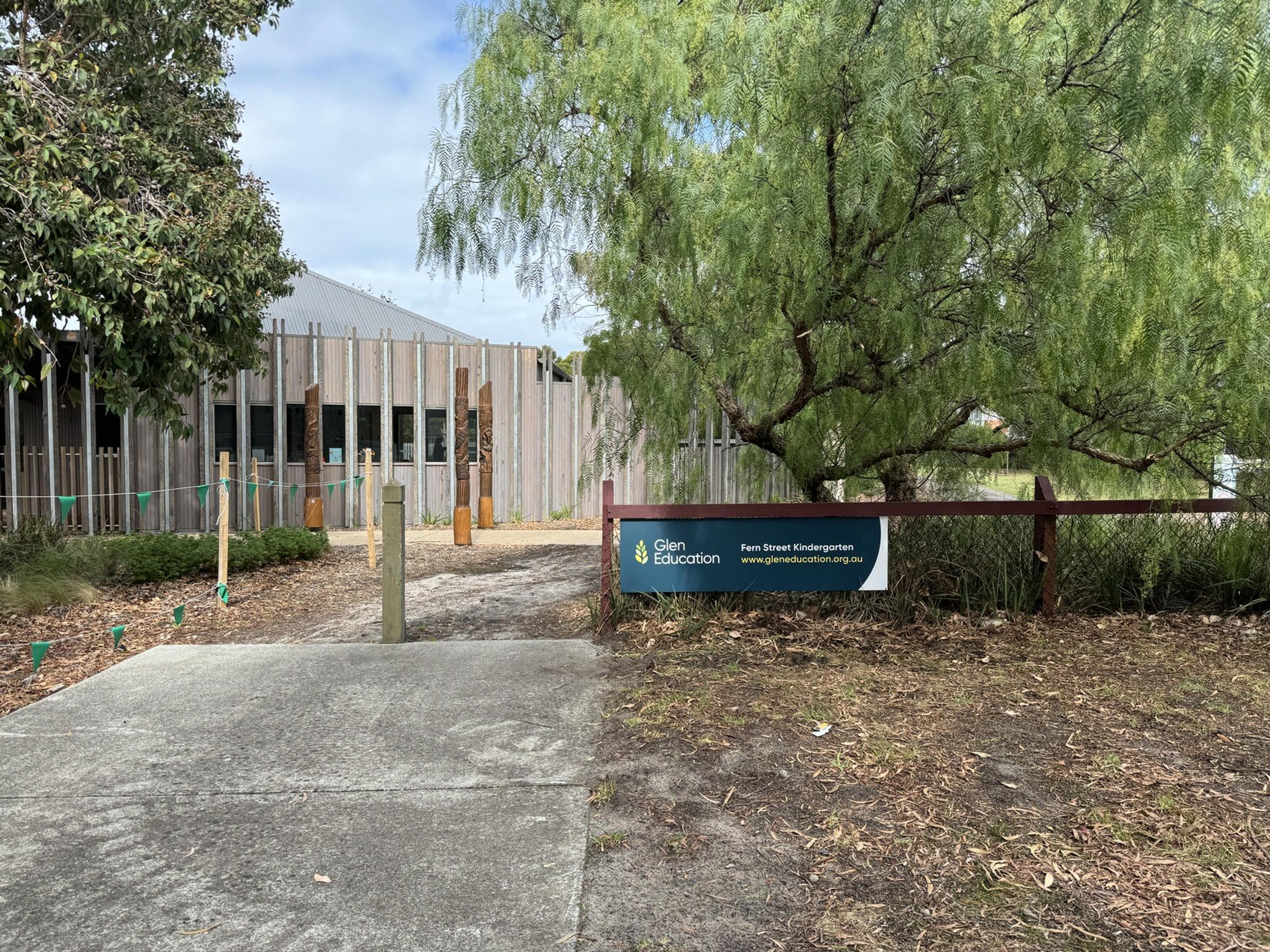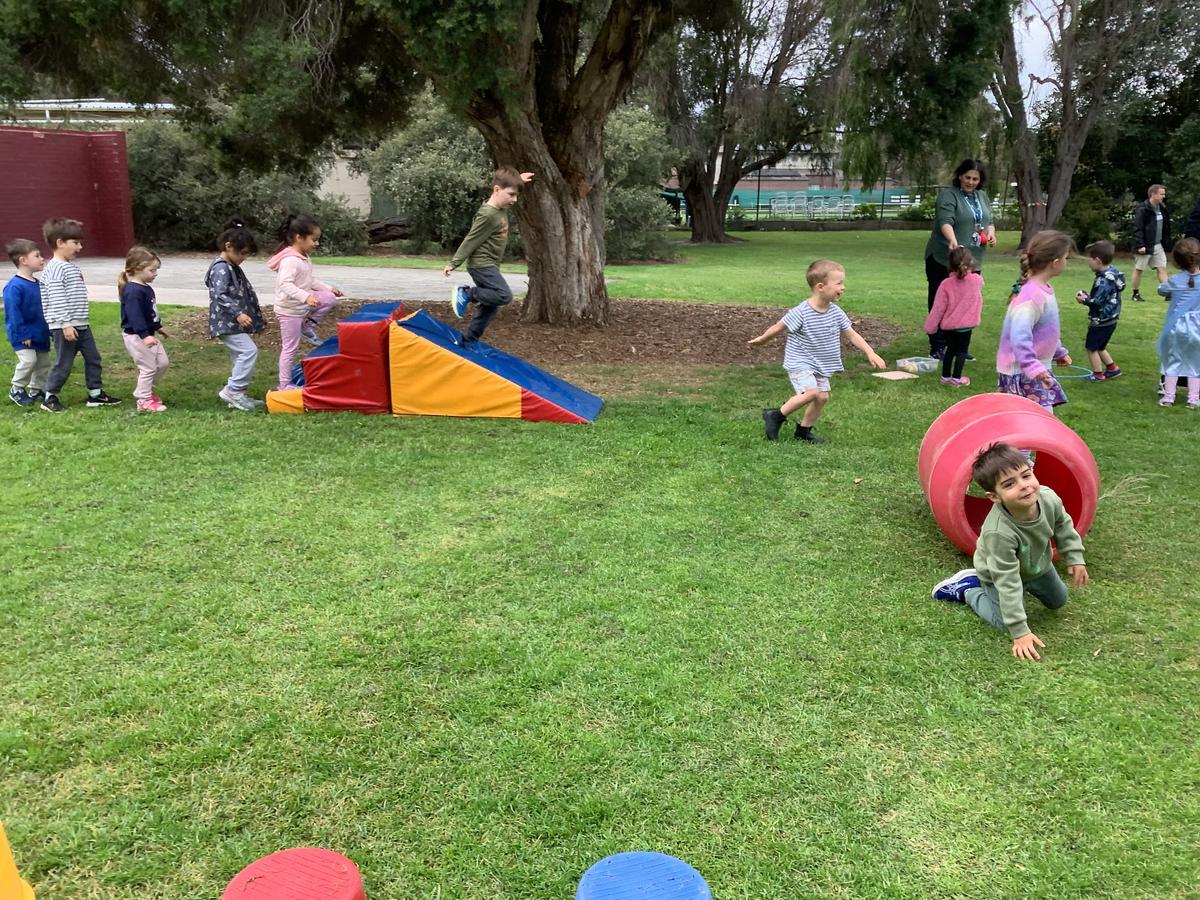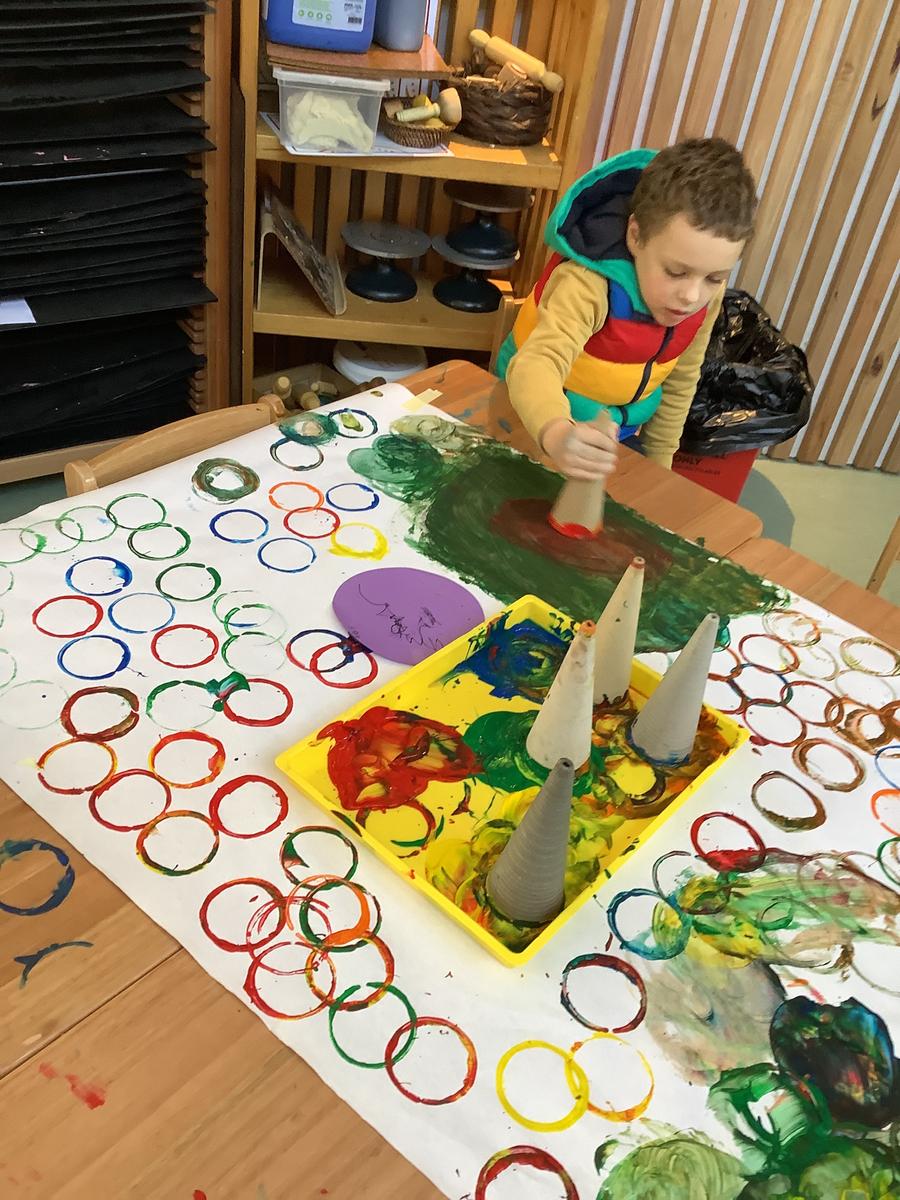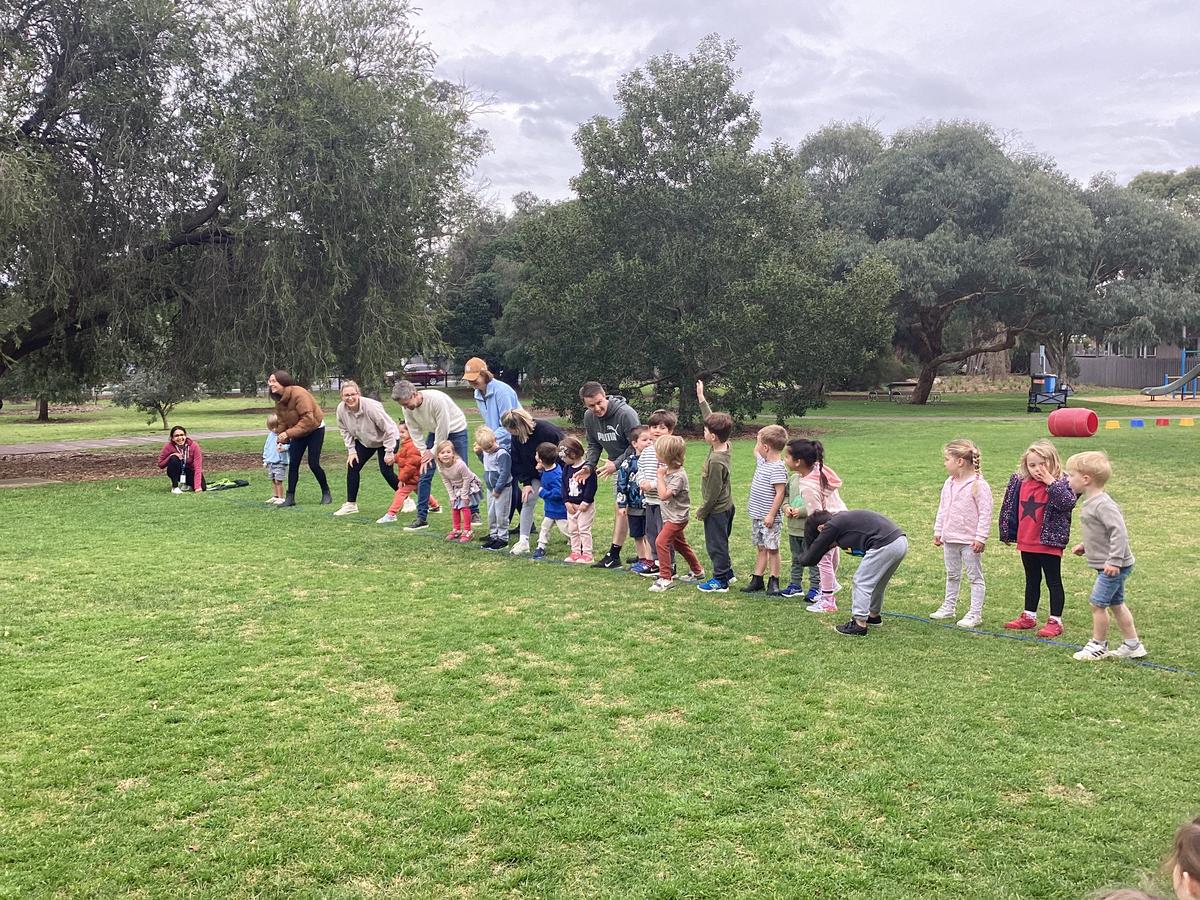Glen Education Fern Street

Respecting the rights of every child.
By Glen Fern Street Educational Team
At Glen Fern Street Kindergarten we strive to create an environment that respects and promotes the rights of every child, ensuring they have a supportive and enriching early learning experience. We are following the National Quality Standard (NQS), which sets benchmarks for quality in areas such as educational programs, safety, health, and the relationships between children and educators. We are focusing on and emphasizing the importance of play-based learning and the rights of children to be active participants in their own learning. We are providing an emergent child-centred curriculum to ensure it is developmentally appropriate and inclusive. Programs are designed to support each child’s individual learning needs and interests. Here is an overview of how children’s rights are upheld in Glen Fern Street kindergarten.
Right to Participation
Involvement in Learning: Children are encouraged to participate actively in their learning experiences, express their ideas, and make choices about their participation in activities.
Family Engagement: We work closely with families, involving them in decision-making processes and ensuring open communication about their child's progress. We invite our families and carers to participate in our programme for story sharing or show and share. Story sharing provides children with real-life examples of the many ways we can be in the world. It also creates an opportunity for families and carers to share what is important to them, whether it is a literal story/song or book, or the sharing of food, customs, culture, or celebrations. We encourage everyone to participate.
Right to Safety and Protection:
Safe Environment: We comply with health and safety regulations to provide a safe physical environment. This includes regular safety checks and risk assessments. As well as explicit teaching of body safety concepts and children’s rights to autonomy and agency.
Right to a Quality Education: We embrace an emergent, child-centred approach to curriculum building. This means that we draw on children, families and carers’ interests and lived experiences to create robust and relevant learning environments, and responsive programs.
Right to Respect and Dignity
Individual Needs: We provide an inclusive environment that respects each child's cultural background, abilities, and needs. We enjoy celebrating and learning about various cultures and celebrations, to create an environment in which everyone belongs. We consider sensory elements in our physical space, and nuanced approaches to our interactions with all children so that our awareness of sensory sensitivities, and our knowledge of trauma-informed approaches shape our practice to be safe for and supportive of all children.
Respectful Interactions: We treat children with dignity and respect, encouraging positive relationships and social skills. This extends to interactions around helping children with toileting or getting dressed/undressed. We speak to children to seek consent and to support their self-help skills as much as possible, while providing practical, unintrusive and respectful support.
Right to Play
Play-Based Learning: We provide diverse play opportunities that support cognitive, social, and emotional development.
Access to Resources: Children have access to a variety of materials and equipment that stimulate creativity and learning. Our teaching team fosters warm, reciprocal relationships with all children, and aims to facilitate children’s learning by supporting children to resource their learning. Children learn to communicate their needs, ideas and wonderings and learn to ask for educator support to explore and investigate their ideas.
Right to Health and Well-Being
Healthy Practices: We are teaching children healthy eating practices and identifying nutritious food, encouraging physical activity, and maintaining good hygiene practices by reminding children to wash their hands frequently, drink enough water and “check-in” with their bodies to identify their needs for rest, calm and active play.
Mental Health Support: We offer support for emotional and psychological well-being, including strategies for managing stress and building resilience. We practice yoga and explore mindfulness during quiet time.



